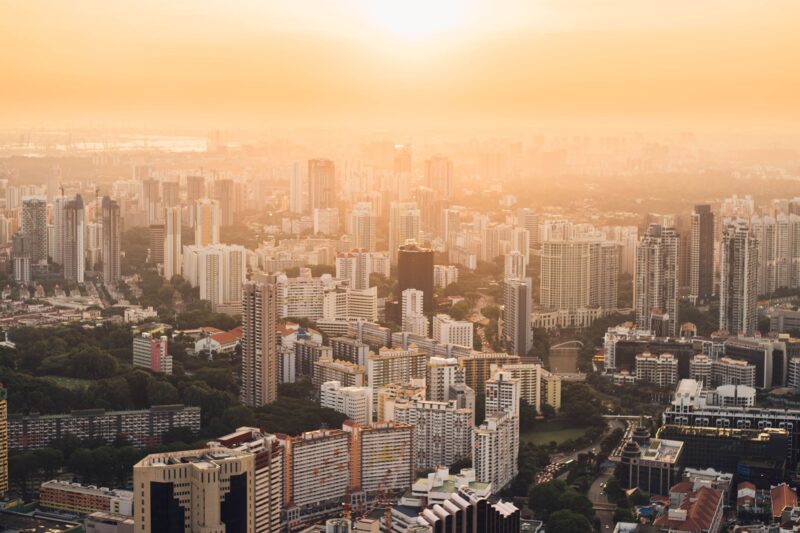Singapore’s real estate market has built a reputation for strength and stability, even when the global economy weakens. While other markets face sharp fluctuations, Singapore’s property sector continues to perform with steady demand and investor confidence. This resilience is no accident—it comes from a combination of government policy, financial discipline, and strategic planning.
River Modern is a great example of how thoughtful urban design and market management ensure continued growth despite global challenges. Developments like this reflect the strong fundamentals that keep Singapore’s property sector thriving through uncertainty.
1. Strong Government Policy and Market Regulation

One of the main reasons Singapore’s real estate market remains stable is the government’s proactive regulation. The authorities closely monitor housing demand, lending practices, and land supply to avoid overheating. Cooling measures such as the Additional Buyer’s Stamp Duty (ABSD) and Loan-to-Value (LTV) limits prevent excessive speculation and debt.
This careful balance keeps prices realistic while ensuring sustainable growth. When global markets decline, these regulations help protect both homeowners and developers from major losses. Investors trust the system because of its transparency, consistency, and strong enforcement.
In addition, government investment in infrastructure—such as transport networks and green public spaces—continues even during downturns. This steady development reinforces property values and maintains the attractiveness of key districts.
2. Stable Economy and Safe Investment Environment

Singapore’s economy is one of the most diversified and secure in Asia. Its strong banking system, low corruption, and efficient legal framework attract both local and foreign investors. During global downturns, capital often flows into Singapore as a safe haven. Real estate becomes a preferred asset class because it combines stability with long-term value appreciation.
The city’s limited land supply also supports resilience. With controlled development and strict zoning, demand remains higher than available space in key urban areas. This scarcity helps prices stay stable, even when global demand weakens.
Another factor is the country’s focus on innovation and education. A strong workforce and continued foreign investment ensure steady economic activity, supporting both residential and commercial real estate demand.
3. Consistent Demand and Lifestyle Appeal

Singapore’s reputation as a global city ensures consistent property demand. It attracts professionals, multinational companies, and high-net-worth individuals seeking a secure place to live or invest. Quality of life remains high, with excellent healthcare, education, and urban amenities.
Luxury developments such as River Modern highlight how modern design and smart technology enhance living standards. These projects appeal to both local buyers and expatriates looking for long-term residence. Even when global spending slows, Singapore continues to draw new residents and investors seeking stability.
The rental market also benefits from this demand. Expatriate professionals keep occupancy rates high in prime districts, ensuring steady returns for property owners. As the economy recovers, these areas often experience rapid value growth.
Conclusion
Singapore’s real estate resilience comes from more than luck—it’s the result of strong policy, financial stability, and disciplined urban planning. The market avoids the boom-and-bust cycles seen elsewhere by focusing on balance, long-term value, and trust.
Projects like River Modern represent the strength of this system, showing how design, regulation, and confidence work together to create sustainable growth. Even in uncertain times, Singapore’s property sector stands as one of the most reliable investments in the global market.


